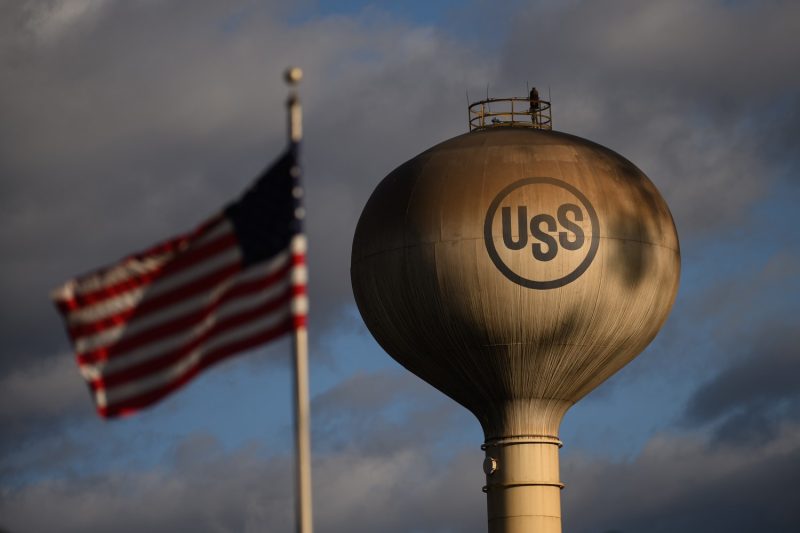In a surprising turn of events, President Joe Biden’s administration is reportedly preparing to block the sale of a U.S. steel company to a Japanese corporation. This decision signals a significant shift in the administration’s approach to foreign investment and national security.
The sale in question involves U.S. Steel Corp., a major American steel producer, and a Japanese company looking to acquire the steel giant. The proposed deal has triggered concerns over the implications for national security and the domestic steel industry. With the Biden administration’s move to potentially block the sale, it underscores the government’s commitment to protecting vital industries and maintaining control over critical infrastructure.
The U.S. steel industry has long been considered a strategic asset, essential for national defense and infrastructure development. Allowing foreign entities to gain control of key American steel companies could compromise the country’s ability to meet its domestic steel demand in times of crisis. By blocking the sale of U.S. Steel Corp., the administration is sending a clear message that safeguarding the interests of American industries and ensuring national security are top priorities.
This decision also reflects a broader trend of increased scrutiny on foreign investments in sensitive sectors. The government has become more vigilant in assessing the national security risks associated with foreign acquisitions of U.S. companies, particularly those involved in critical industries like steel production. With growing geopolitical tensions and concerns over economic dependencies, the need to protect American assets has become paramount.
While the details of the administration’s strategy to block the sale remain unclear, the move underscores the importance of maintaining a balance between open markets and protecting national interests. As the Biden administration continues to navigate complex international relations and economic challenges, its decision to intervene in the sale of U.S. Steel Corp. sets a precedent for more stringent evaluations of foreign investments in critical industries.


